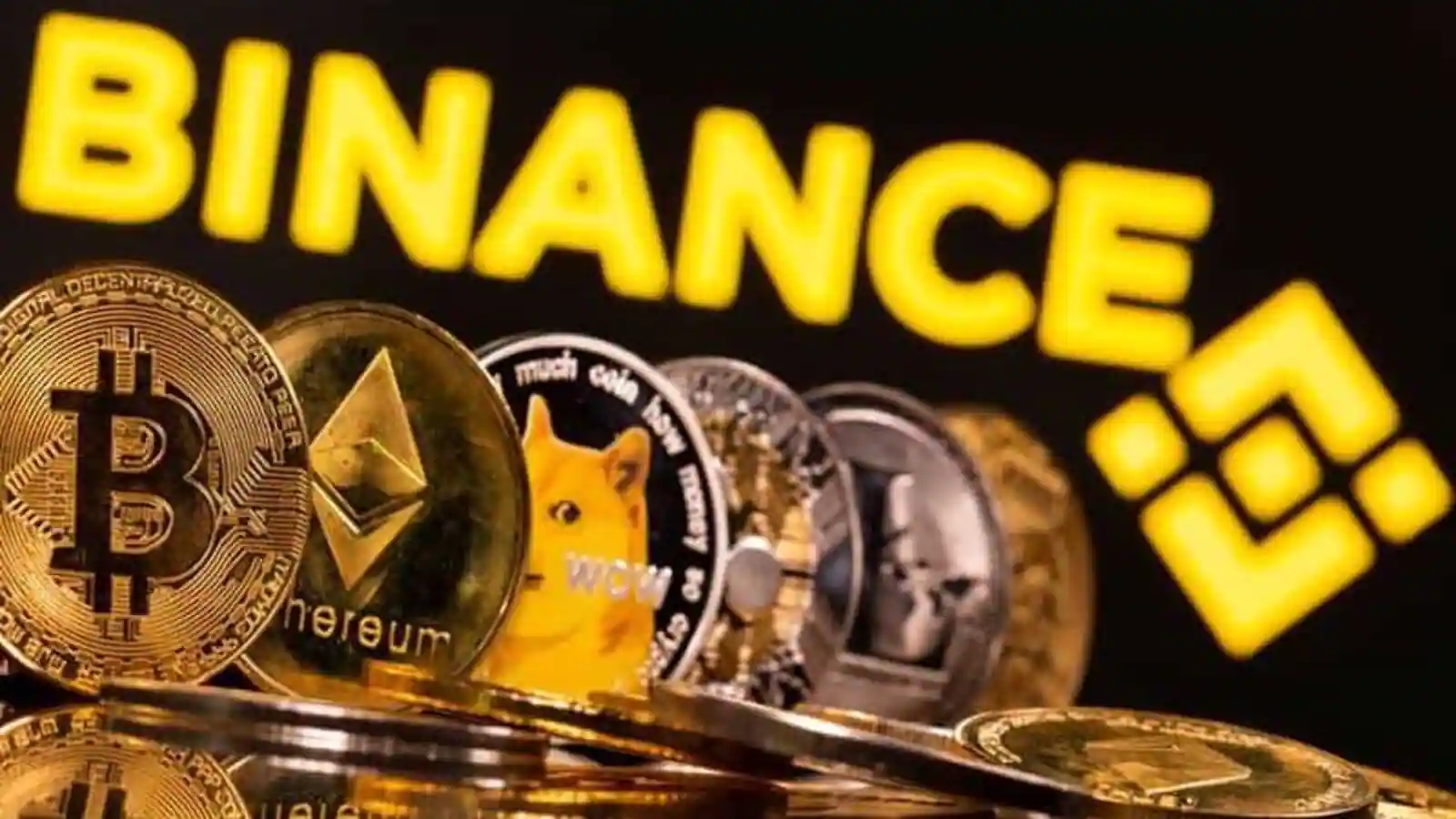Binance has remained open to unsanctioned Russian nationals following sweeping sanctions from the European Union (EU), a key executive told Cointelegraph on Friday.
Chagri Poyraz, Binance’s recently-appointed global head of sanctions, stated it had blocked several territories involved in the ongoing Ukraine-Russia war such as Donetsk and Luhansk.
Russia is one of Binance’s top ten markets, it noted in 2019.
In his interview, he noted there was “still an active war going on in the region” and that his company would continue to monitor developments with its massive workforce of compliance executives.
Roughly half of its 500 executives work with sanctions control mechanisms such as anti-money laundering and name screening, the report noted. He added Binance had “zero tolerance” for blocked accounts due to targeted sanctions directed at specific people or entities.
What are the Latest Sanctions?
He stated that EU sanctions were the “hardest part” and lacked clarity, namely after the bloc launched its eighth sanctions package. The firm claims it reached “no particular dialogue” with EU regulators.
Speaking further, he said: “We do obviously follow all the EU sanctions, but there is room for improvement when it comes to clarity. […] We are trying to follow sanctions as they are. The challenge is not overdoing, doing what you’ve been told. The regulation has to be clear.”
He added the lack of clarity over EU sanctions on Russia was an “industry problem” rather than solely with Binance. The EU’s sweeping restrictions in October ban “all crypto-asset wallet, account, or custody services, irrespective of the amount of the wallet.”
The news comes after platforms like Crypto.com, Blockchain.com, and LocalBitcoins informed users in October they would halt services across Russia after the EU imposed the sanctions.
The EU recently capped Russian crypto investments at 10,000 Euros, but the new regulations now ban “IT consultancy, legal advisory, architecture and engineering services.” Such measures aim to hit Russia’s dependence on importing foreign services amid the ongoing conflict, an EU spokesperson wrote.




